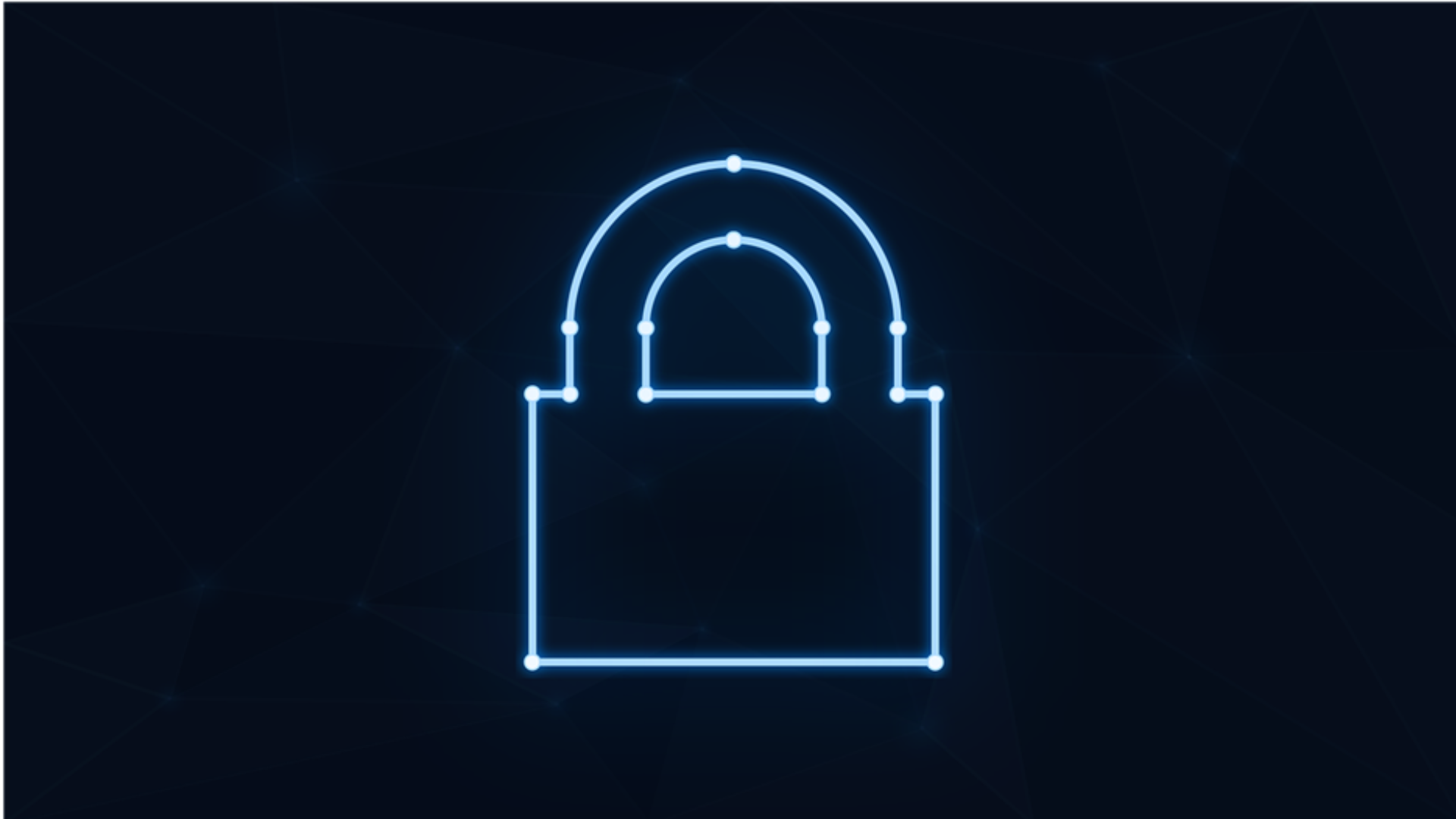Why 2026 Is Starting With Healthcare Breaches And Why This Matters to Non-Healthcare Businesses
If it feels like cybersecurity headlines are already coming in hot this year, you’re not wrong. 2026 kicked off with continued fallout from several ...
2 min read
.webp) Aaron Zimmerman
:
June 27, 2024
Aaron Zimmerman
:
June 27, 2024
In a recent report from the White House, it was revealed that the United States experienced a 9.9% year-over-year increase in federal cybersecurity incidents in 2023, culminating in a total of 32,211 cases. This alarming trend underscores the critical need for organizations, including those in Southern Idaho, to reassess and reinforce their cybersecurity measures. The report highlights improper system usage and phishing as the predominant causes of these breaches, with the latter leading to several major incidents involving sensitive data and affecting millions of individuals.
Improper system usage emerged as the leading cause of cybersecurity incidents. This category includes unauthorized access, misuse of privileged accounts, and non-compliance with established security protocols. Following closely is phishing, a deceptive practice where attackers impersonate trustworthy entities to steal sensitive information such as login credentials and financial details.
While most incidents reported were classified as low impact, the 11 major breaches involving sensitive data highlight the severe potential consequences of inadequate cybersecurity measures.
1. Implement Stricter Access Controls: To mitigate the risks associated with improper system usage, it is imperative to implement robust access control mechanisms. This includes:
2. Enhance Phishing Detection and Response: Phishing attacks are becoming increasingly sophisticated, making it crucial for organizations to bolster their defenses. Effective strategies include:
3. Rigorous Employee Training: Human error remains a significant vulnerability in cybersecurity. Comprehensive training programs should be instituted to educate employees about
1. Conduct Proactive Security Audits: Regular security audits are essential to identify vulnerabilities before they can be exploited. These audits should
2. Develop Rapid Response Plans: In the event of a security incident, having a well-defined response plan can significantly mitigate damage. Key elements of an effective response plan include
To protect against the rising tide of cybersecurity threats, organizations must prioritize the implementation of these measures. By addressing improper system usage and phishing head-on, Southern Idaho businesses can significantly reduce their risk of falling victim to similar vulnerabilities.
In conclusion, the White House report serves as a stark reminder of the evolving cybersecurity landscape and the necessity for proactive measures. By implementing stricter access controls, enhancing phishing detection, ensuring rigorous employee training, conducting proactive security audits, and developing rapid response plans, organizations can fortify their defenses and safeguard their sensitive data.
Investing in these actions today will not only enhance your organization's cybersecurity posture but also protect its reputation and ensure its continued success in an increasingly digital world. Don't wait until a breach occurs—act now to secure your future.

If it feels like cybersecurity headlines are already coming in hot this year, you’re not wrong. 2026 kicked off with continued fallout from several ...

Cybersecurity as a Driver of Uptime For manufacturers, uptime is one of the most critical performance indicators. Every minute of unplanned downtime...

Staying ahead of threats is a challenge for organizations of all sizes. Reported global security incidents grew between February and March of 2024. ...